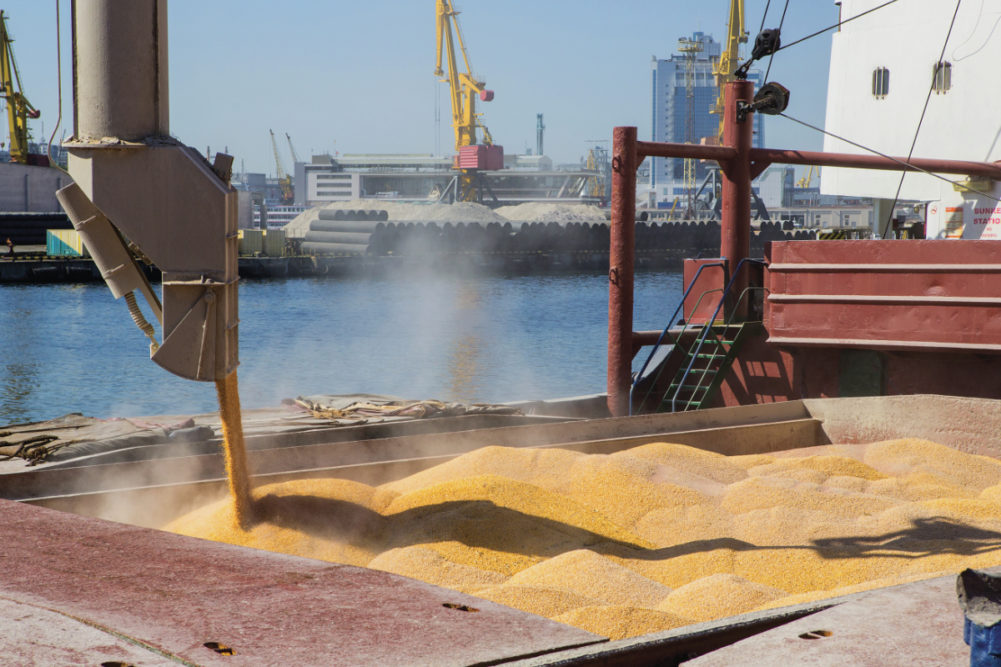NEW YORK, NEW YORK, US – The United Nations and the Russian government are engaging in discussions aimed at increasing grain and fertilizer exports from Russia to the global market to address the growing global food crisis, Reuters reported on June 1.
Senior UN official Rebecca Grynspan and Russian Deputy Prime Minister Andrei Belousov recently had “constructive discussions” on the issue, UN spokesman Stephane Dujarric told Reuters.
Russia is facing draconian economic sanctions from the NATO Alliance as a response to its invasion of Ukraine on Feb. 24, which has prevented Ukraine, one of the world’s top grain exporters, from moving agricultural commodities from its ports. While the economic sanctions do not specifically target Russian grains and fertilizer, shipping and insurance companies are reticent about being involved in shipments while sanctions are imposed, Linda Thomas-Greenfield, US ambassador to the UN, told Reuters.
She said the United States is prepared to give “comfort letters” to these companies to help facilitate the exports of Russian grain and fertilizer.
Russian President Vladimir Putin has asked that the economic sanctions be lifted against his country so that Russia, the world’s largest wheat exporter, can increase its agricultural shipments.
Russia also has been in discussions about rescinding its blockade of Ukrainian ports to allow the estimated 20 million tonnes of grain stored in those ports to reach the global market. Leading these negotiations is Turkish President Tayyip Erdogan, who is one of the few world leaders to maintain good relations with both Ukraine and Russia during the conflict.
Russia and Ukraine account for about 30% of global wheat supplies. Ukraine is the largest exporter of sunflower oil and Russia is the largest supplier of fertilizer. The prices of those three agricultural commodities have soared to record highs during the conflict, causing global food insecurity, which already had increased significantly due to the COVID-19 pandemic, to worsen, particularly in developing countries that are dependent on food imports.






